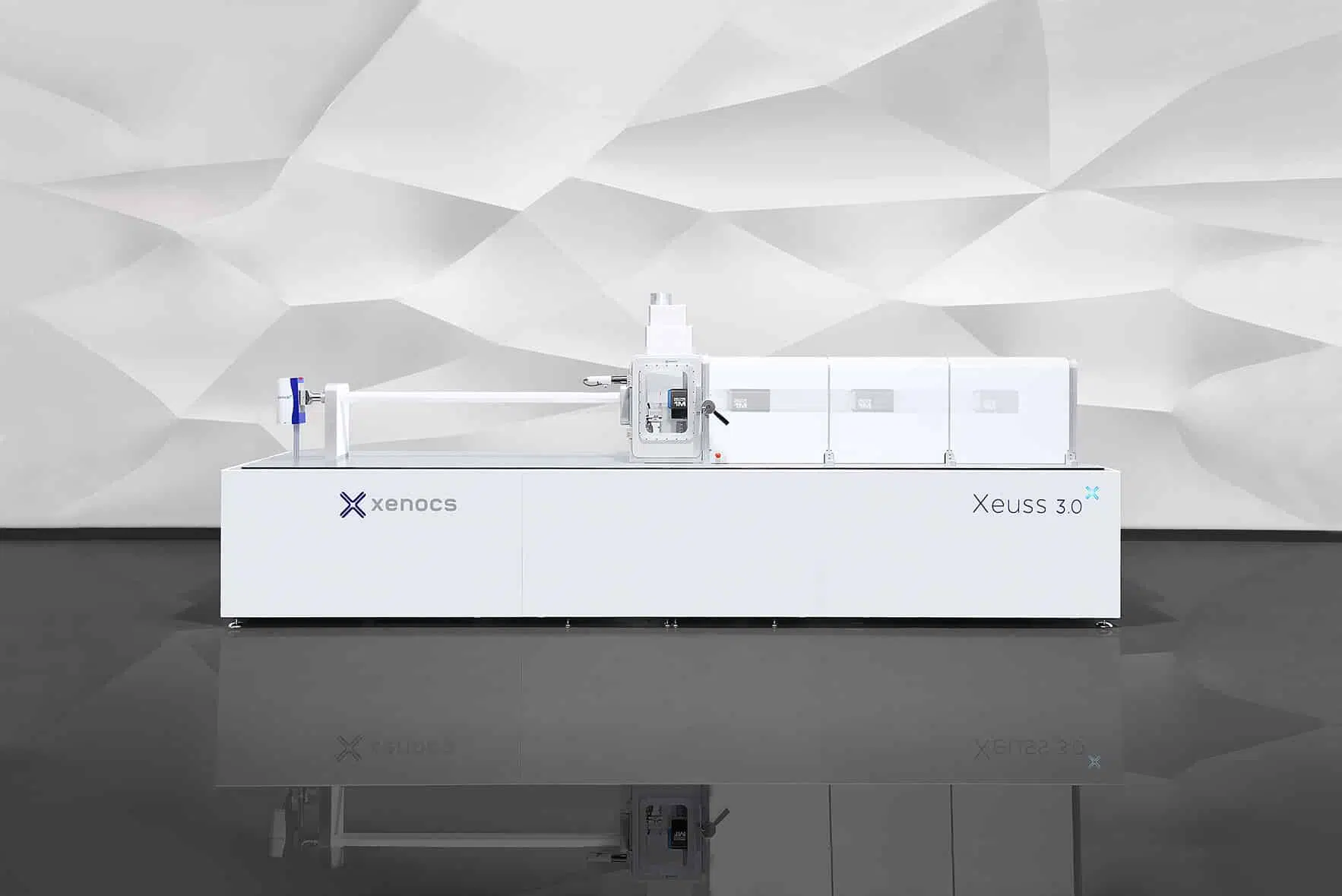Polymer, 2017, vol 108pp. 87-96
DOI:10.1016/j.polymer.2016.11.048
Abstract
Alginate, a polysaccharide that gels in the presence of divalent ions is an obvious component of an injectable gel for regenerative medicine. Covalent bonding peptides to alginates is routinely used tailor alginate’s biofunctionality. Here, we present a systematic investigation of the effect of three arginine-glycine-aspartic acid (RGD) -containing peptides, G6KRGDY, A6KRGDY and V6KRGDY, on the mechanical properties and spatial organization of an alginate-peptides hybrids. Small angle X-ray Scattering (SAXS) and rheology measurements and analysis showed that the peptide sequence and its ability to self-assemble in aqueous solution is an important factor in defining the properties of the alginate-peptide hybrids. While the dominant factor in determining the properties of Alginate-G6KRGDY is the electrostatic interactions between the peptide and polymer; For Alginate-A6KRGDY and Alginate-V6KRGDY the ability to form H-bonds is their most significant trade. Therefore, possible intermolecular interactions between the peptides and the polymer should be taken into consideration in the design of hybrid biomaterials.


































